Photo gallery: Introduction in Emergency Psychology , October 7-8, 2016
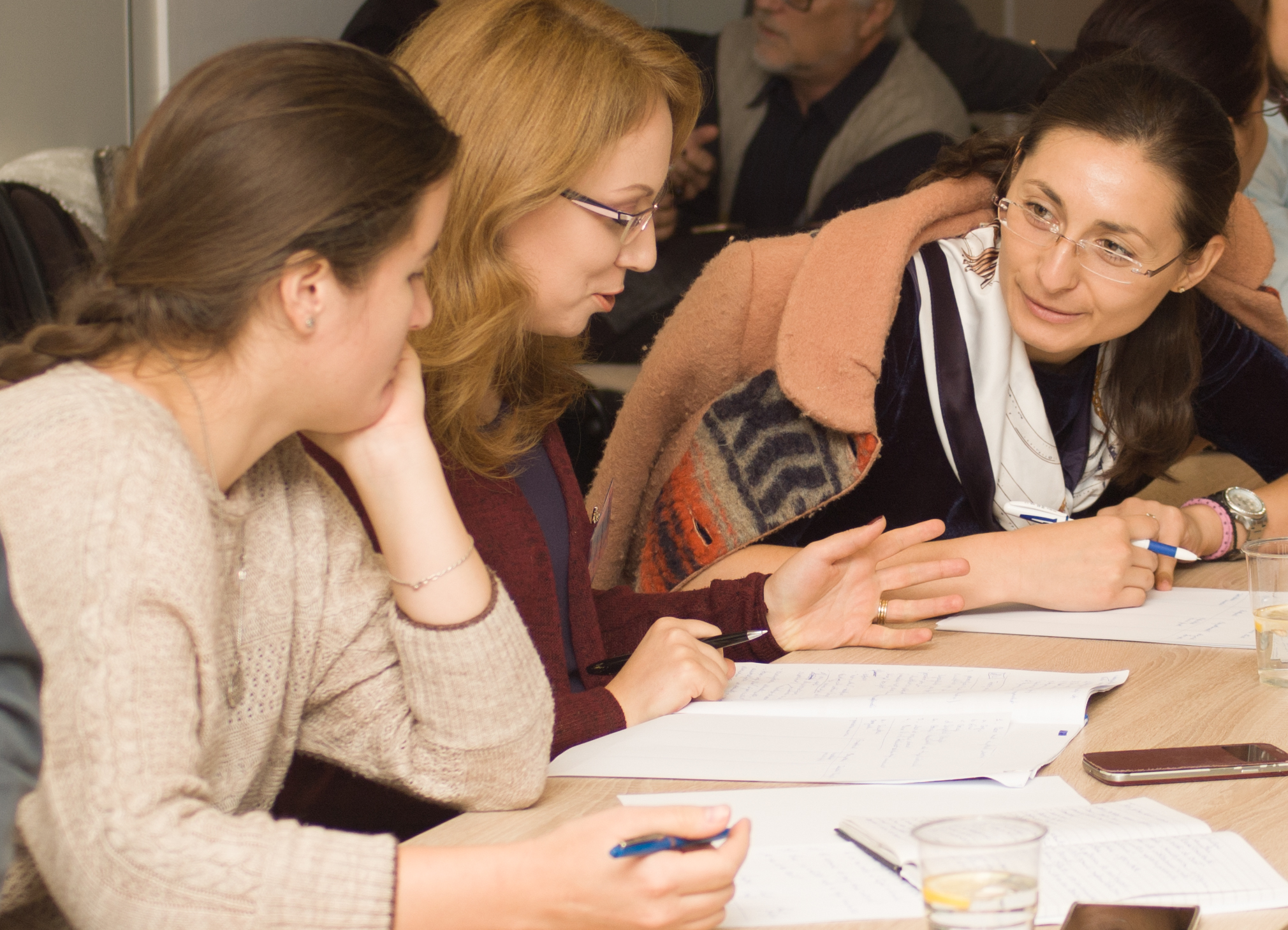







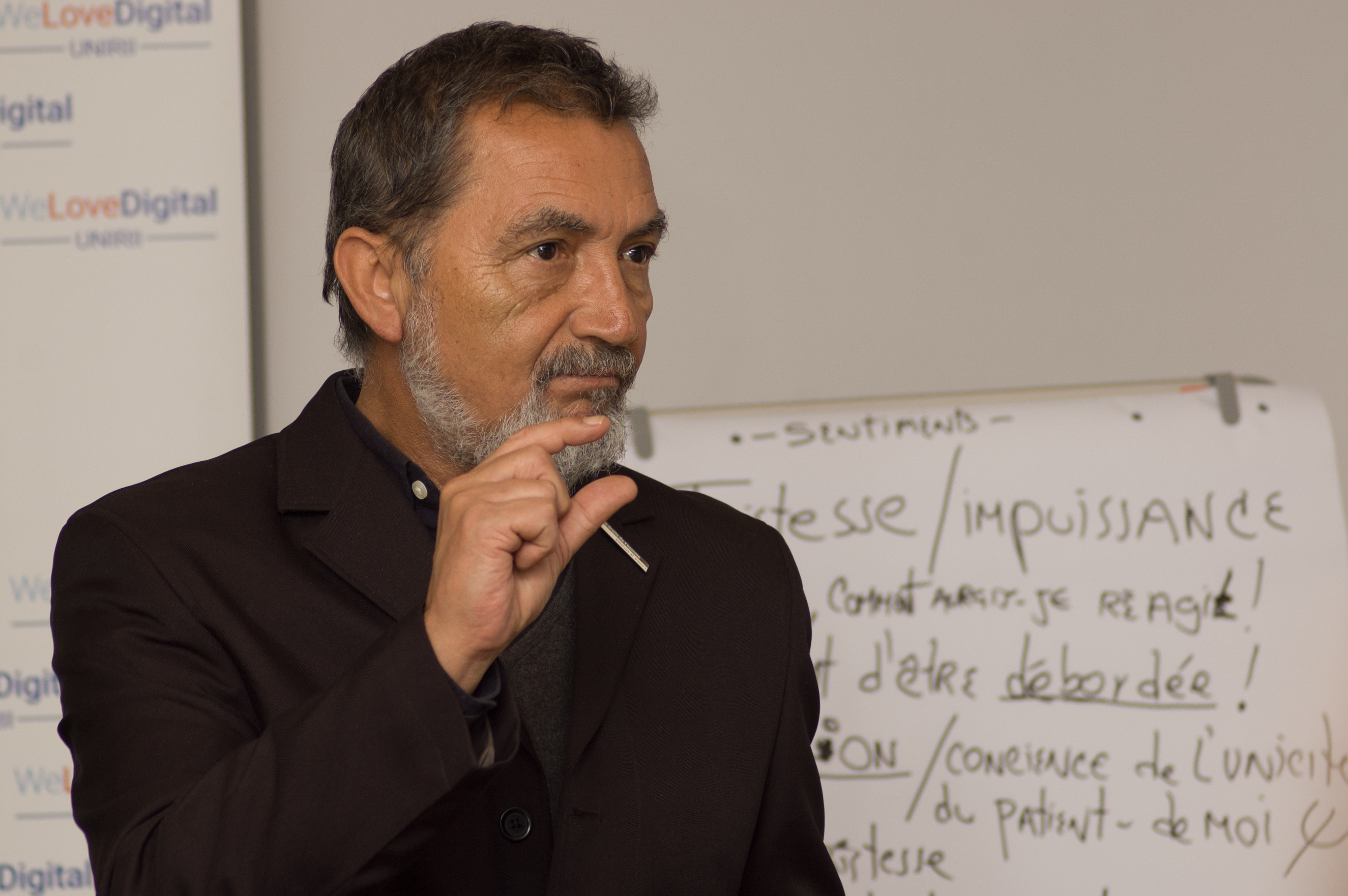




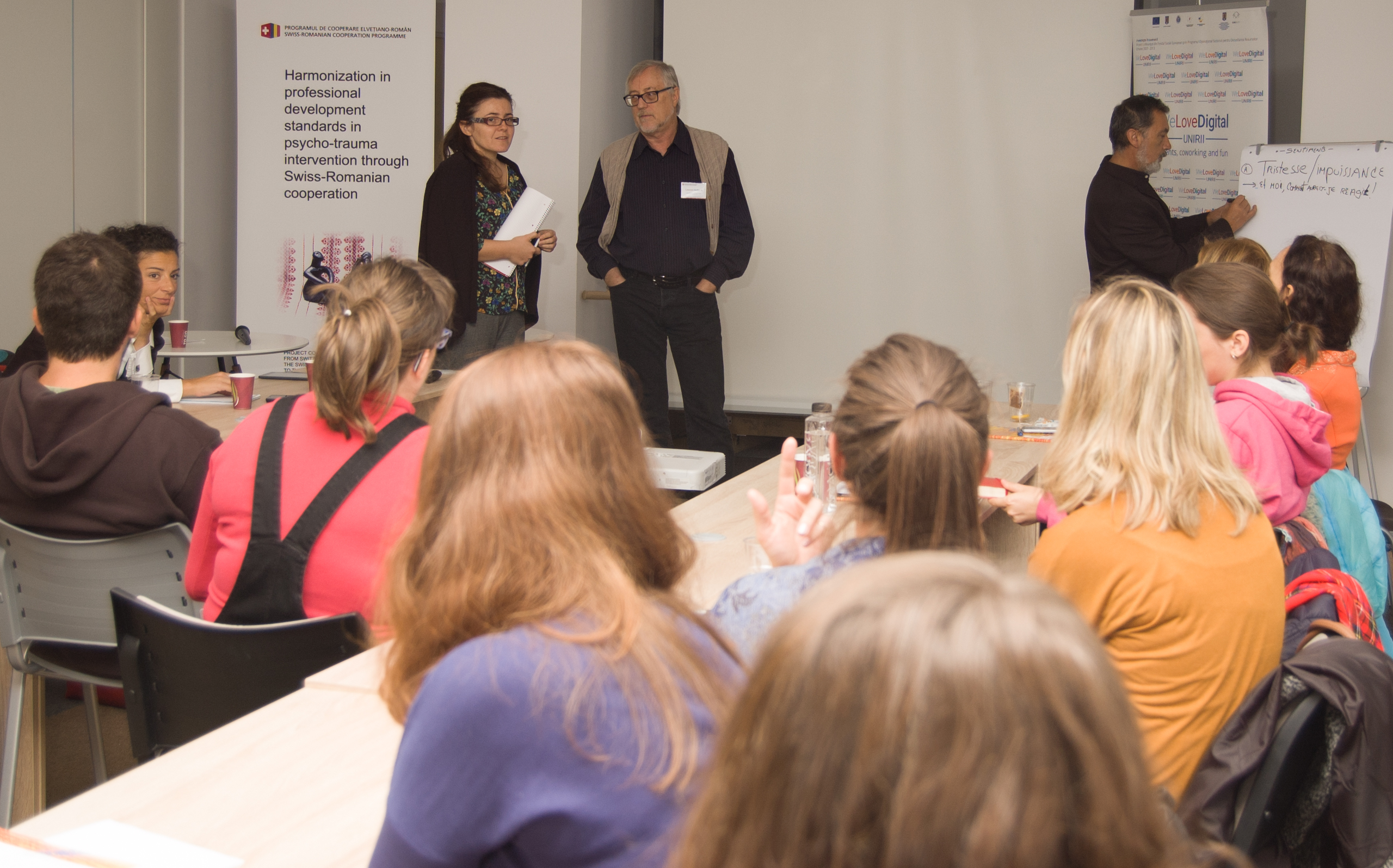
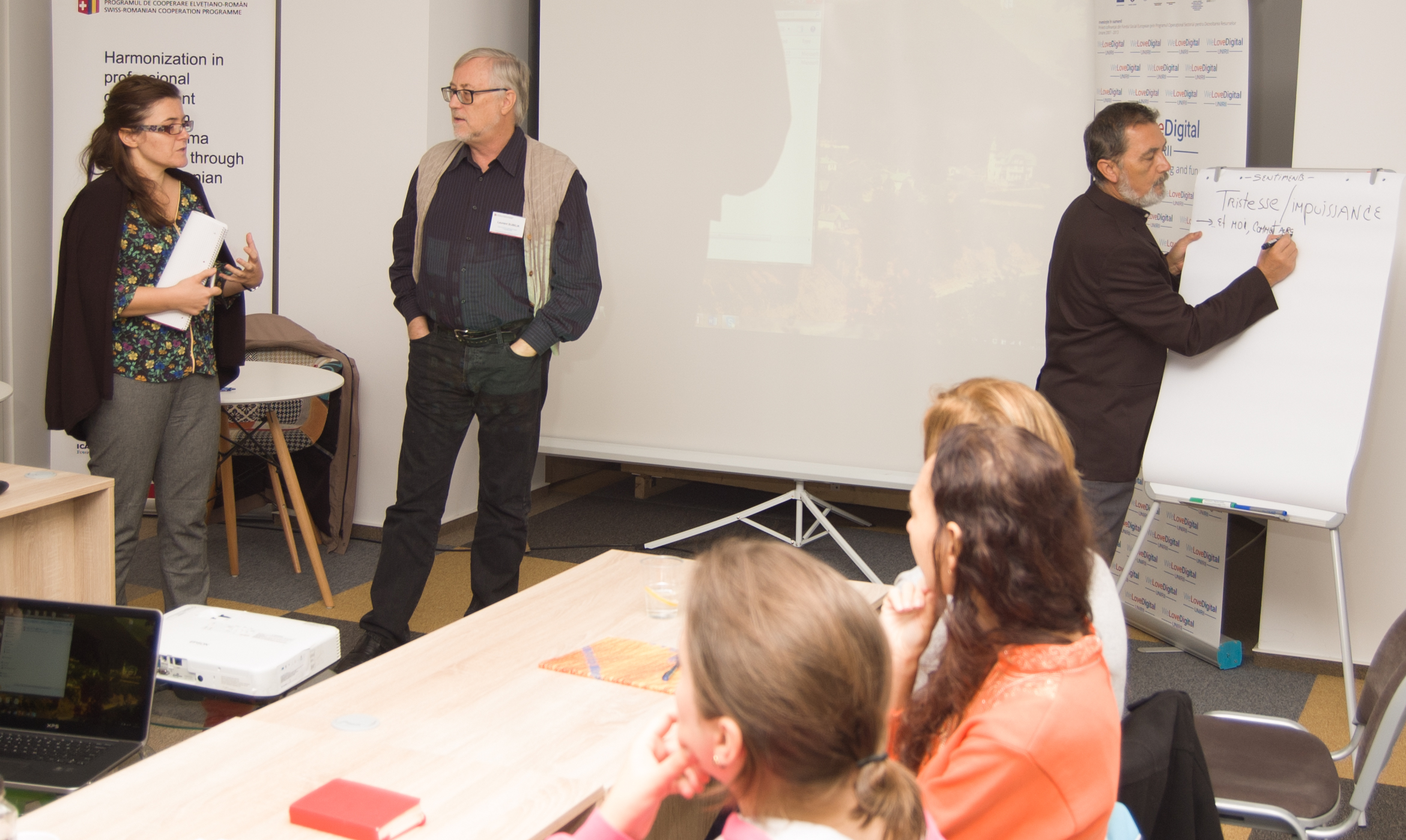
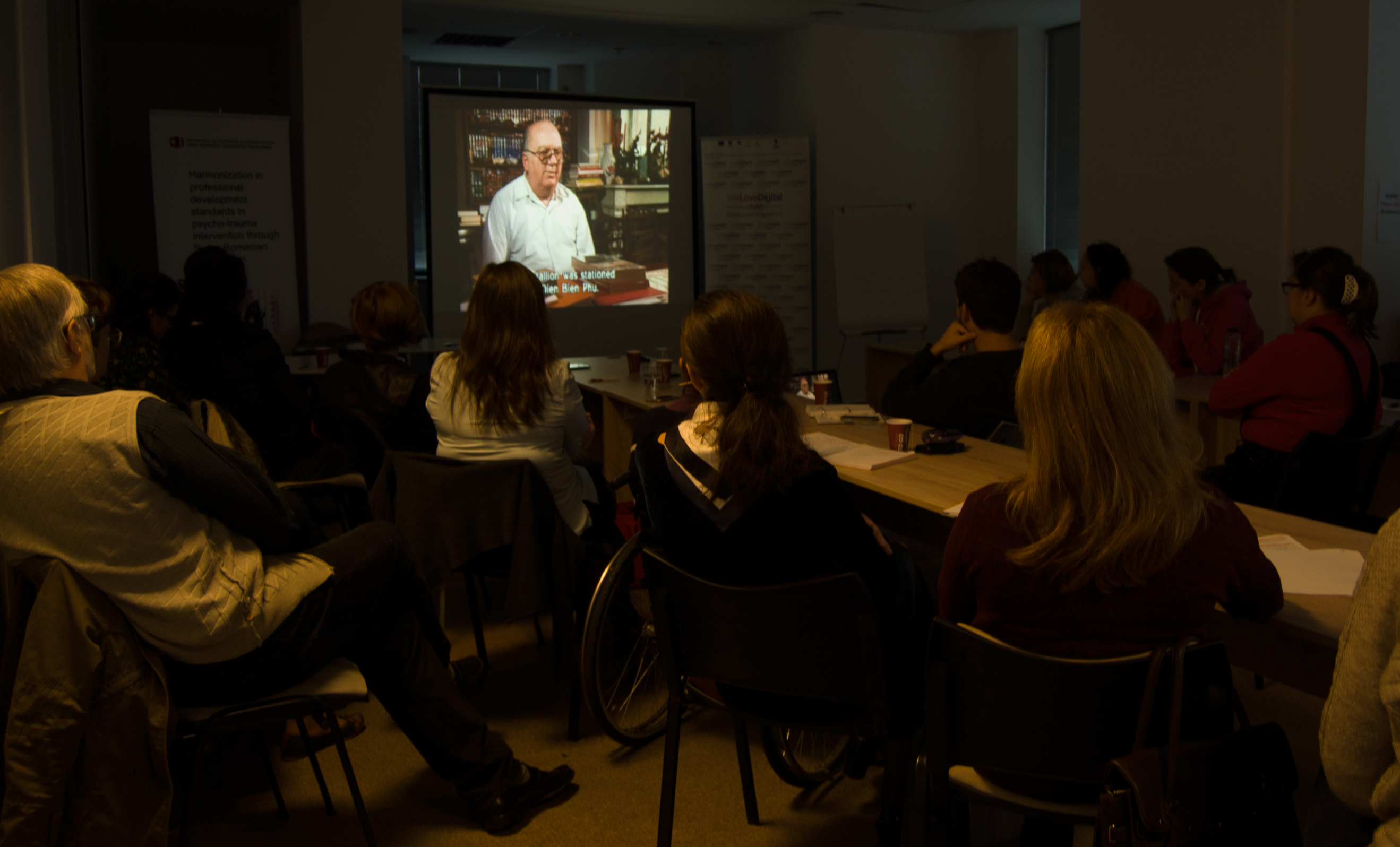

Module: Introduction in Emergency Psychology
Trainer: psycholog Alfredo Camelo, Pluriels Association
Date: 07 – 08 October, 2016, Bucharest
”Emergency psychology is also known as psychological-social and spiritual support. Its role is to accompany and support those affected and those around them, immediately after the occurrence of a potentially traumatic event. Emergency psychological intervention purposes to activate resources that have left in the individual, family, group or community in order to restore mental and social well-being and therefore to prevent further mental deterioration. Above all it means to support and accompany those have been in distress to help them keep in touch with “life”, to keep faith in people and their hope for the future. In order to accomplish this, the emergency psychologist mobilizes resources in managing the emotions of all those affected. This approach is based on the principle of “to do as little as possible, but to do everything necessary”. The course emphasizes and explores the importance of immediate psychological assistance and describes the various tools and methods that can be used by specialists”.




